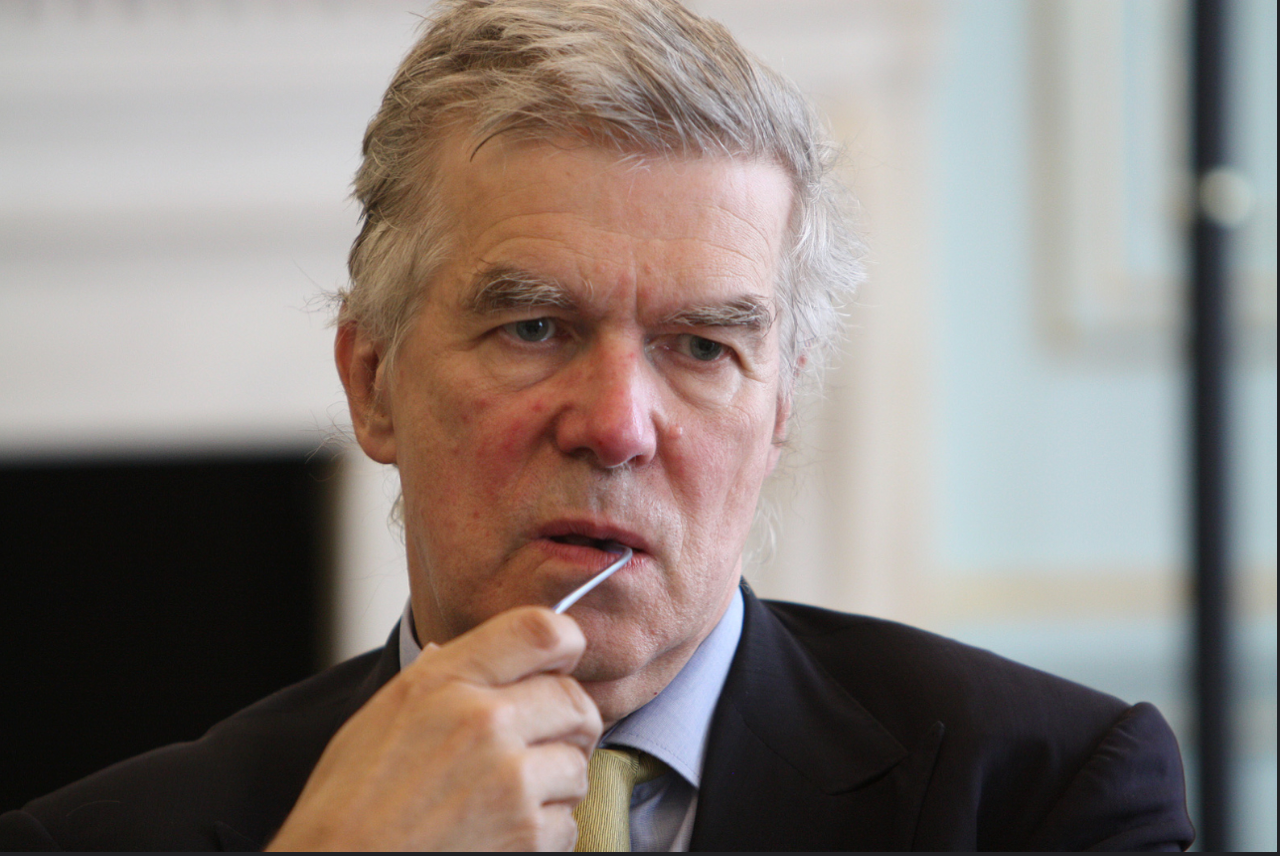Plenary Panel 1: Balkans 2025 (Co-funded by the Europe for Citizens Programme of the European Union)
Discussion Points:
- Will the EU remain committed to the enlargement, and will the Balkan leaders remain committed to the EU accession?
- What are the potential disruptive, and also potential positive influences of other external actors, such as Russia, China, Turkey, the Gulf States, the U.S.?
- Given the megatrends that are unlikely to change within the next seven years – such as, for example, slow economic growth – what are the possible game-changers that could instigate progress in the Balkans?
- What should be the main task of the governments of WB6 in the next seven years, and what other actors (civil society, social movements, academia) could do to strengthen democracy?
- How to improve the EU approach to WB6?
- What is the future of regional initiatives and how to enhance their positive effects?
Background
Fifteen years after the Thessaloniki Summit at which the perspective of the Western Balkans’ EU integration was confirmed, countries of the region are still far away from the EU accession. When in September 2017 the President of the European Commission Jean-Claude Juncker announced a new momentum, reaffirming the EU commitment to the enlargement, many in the Western Balkans optimistically thought that the Balkans future is certain and rather bright. However, the new EU Strategy for the Western Balkans that was published in February this year came out less optimistic and harsher in regards to the conditions than the majority expected. The document makes it clear that the WB6 – in order to progress towards the EU membership – will have to enhance their efforts in implementing reforms and to resolve all the bilateral disputes. Also, the new EU Strategy confirmed the already obvious – that the WB6 are at very different stages of their EU integration, with Montenegro and Serbia being the “frontrunners” and Bosnia and Herzegovina and Kosovo lagging behind the rest of the region.
When thinking about Balkan 2025, it is necessary that we not only analyse the present state of affairs, but to look in the recent past too, so to be able to determine the regional megatrends and to identify the potential game-changers. While megatrends – such as stagnating economies and the rise of transnational security threats – are unlikely to change over the next seven years, the major task of policy makers will be to mitigate their negative consequences through potential game changers. The major game changer in the Balkans will certainly be the perspective of the EU integration. However, this perspective depends not only on the EU, but on the stakeholders in the WB6 too, as well as on the other external actors.
Meeting the criteria set by the EU Strategy will be difficult for all Balkan countries. Although it has been almost two decades since the Balkan wars ended, the region is still struggling with conflict legacies, hence the occasional fuelling of ethnic tensions keep the threat of new violent eruptions alive. The so-called Balkan “stabilocrats” are strengthening their grip on power by capturing state functions for their (and their parties’) particularistic interests. Being unable and/or unwilling to spur progress in the economic and political field, Balkan stabilocrats often play the nationalist card, producing the crises and later on “solving” them. In that way, they accomplish a twofold goal – they drift the citizens’ attention away from the issues of poverty, corruption, lack of media freedom, and so on, and, second, they manage to present themselves to the international community as the keepers of stability without whom the Balkans would again slide into wars. Moreover, the presence of external actors such as Russia, China, Turkey and the Gulf States has gradually increased in the Balkans, and this was not without a number of negative consequences.
The future of regional security is closely linked to the issues of rule of law, resolution of bilateral disputes and the external influences in the Balkans. The solution to some of the major security problems that permeate the region – such as: organized crime, money laundry, politicization of security institution, links between organized crime, politicians and security sector, and misuse of intelligence services – will depend on the reforms in the area of rule of law and fight against corruption and organised crime. On the other hand, the settlement of bilateral disputes is a necessary condition for eliminating the still present threat of new armed conflicts. In addition to unresolved disputes, foreign influences could also fuel ethnic tensions and contribute to insecurity.
Selected Readings:
- New EU Strategy for the Western Balkans (February 2018);
- Key figures on enlargement countries (2017 edition);
- Media freedom trends 2017: Western Balkans (May 2017);
- Denisa Sarajlic,(2017) What if the Western Balkans Never Becomes Part of the EU?
- Milena Lazarevic, et al. (2017) Creating Demand for Reforms Beyond EE Conditionality – Civil Society and Public Administration Reform in the Western Balkans;
- Donika Emini and Isidora Stakic, (2017) Belgrade and Pristina: lost in normalisation?
Previous BSF Sessions on the Similar Topics:
BSF 2017
Keynote: Berlin Process in Belgrade
Session 5: What if the Western Balkans Never Becomes Part of the EU
Side Event: The Western Balkans in a Brexiting EU
Session 9: Belgrade-Pristina Dialogue: From Normalization toward Normality
Plenary Panel 4: EU-Balkans: What Is Our Common Future?
BSF 2016
Session 2: The Belgrade – Pristina Dialogue and the EU Future
Plenary panel 3: Addressing Political instability and Weak Institutions in South East Europe
Post Paris, Post BREXIT – Perspectives for the Western Balkans
BSF 2015
Session 1: Kosovo and Serbia – How Much Longer Before Normality?
The Berlin Process in Belgrade: The EU as a Peace Project Revisited in the Western Balkans
Plenary panel 3: The Crisis in Ukraine – Lessons (not) Learned from the Western Balkans
BSF 2014
Session 4: EU Enlargement: Picking Up the Pieces?
Plenary Panel 4: Is It Time For a New Balkans Commission
BSF 2013
Session 1: Overcoming the Gaps in Security Cooperation in the Western Balkans
Session 3: Regional Cooperation and Reconciliation in the Western Balkans: Continuation or Stalemate
Session 9: Serbia and Kosovo*: A Game Changer in the Balkans?
Closing panel: The Balkans 2020





